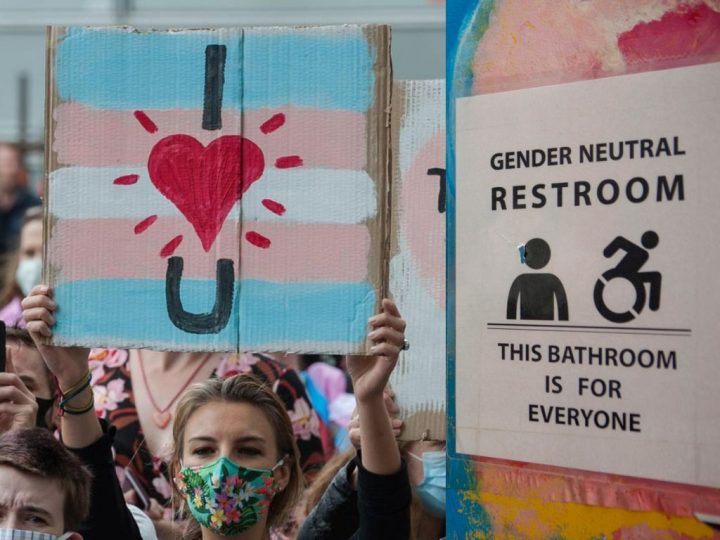Constitutional Specialist Suggests Enaction Of Law Mandating Youths To Care For The Ageing Society
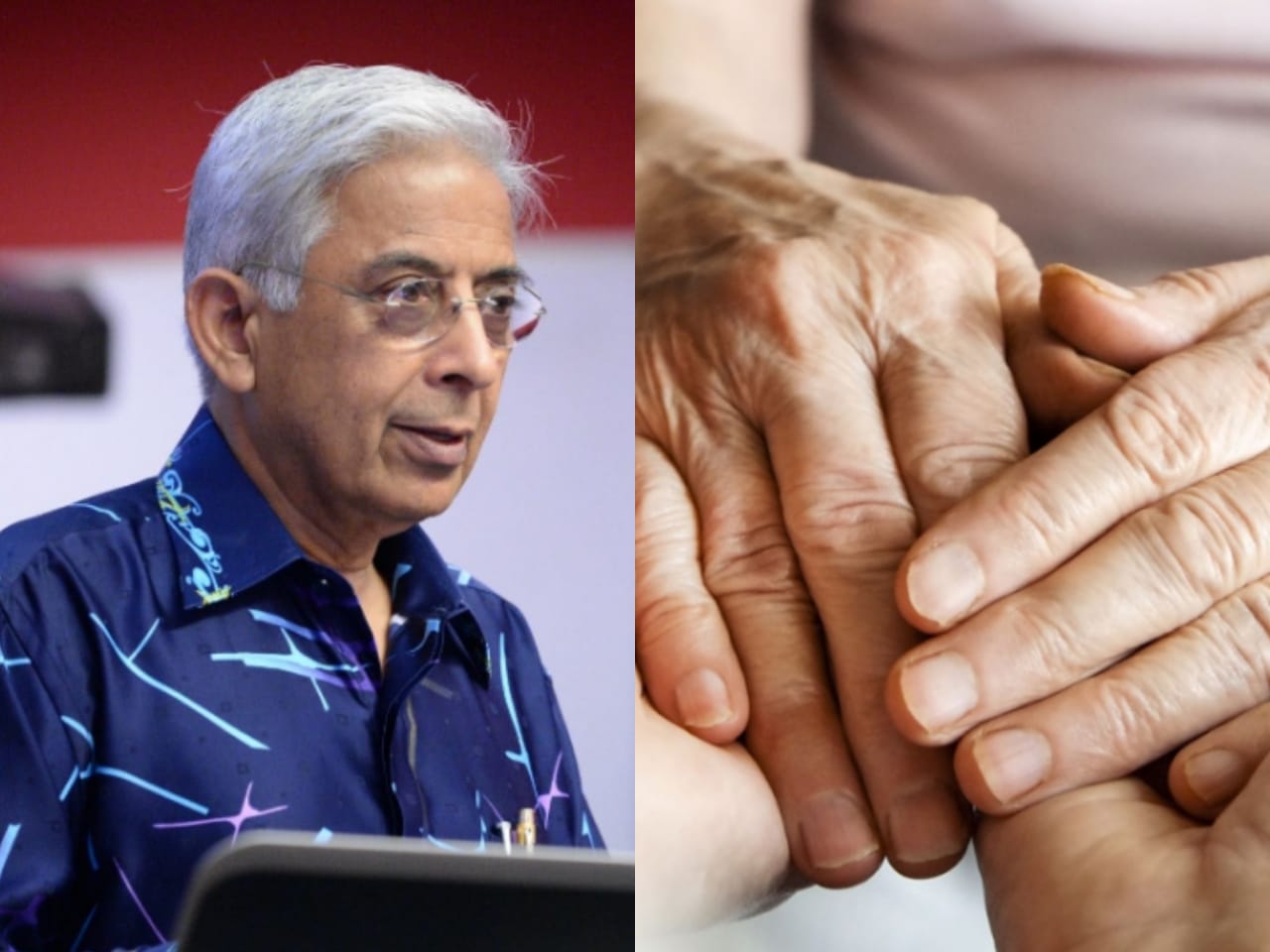 Thirsty for JUICE content? Quench your cravings on our Instagram, TikTok and WhatsApp
Thirsty for JUICE content? Quench your cravings on our Instagram, TikTok and WhatsApp
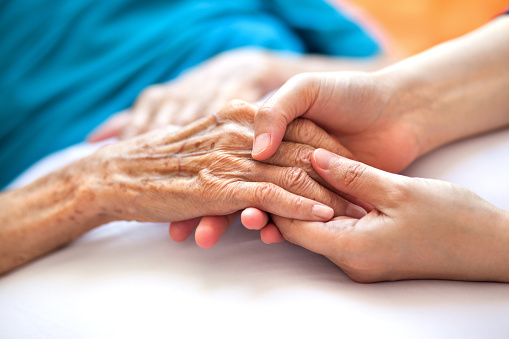
Witnessing the elderly being mistreated or completely abandoned is a sorry sight, and unfortunately not a rare one in Malaysia.
The Dewan Rakyat was informed last week that over 2,000 senior citizens in the country had been abandoned by their relatives, and this estimate only included those left in healthcare institutions. The exact number of neglected elders in the country is uncertain.
Malaysia marked the shift to an ageing population in 2020, with more than 7% of the nation’s people approaching the age of 65 or older.
As per NST, the rate of ageing among the population is anticipated to surge in the coming years, with the fraction of the population aged 65 and above expected to double to 14% by 2044 and 20% by 2056.
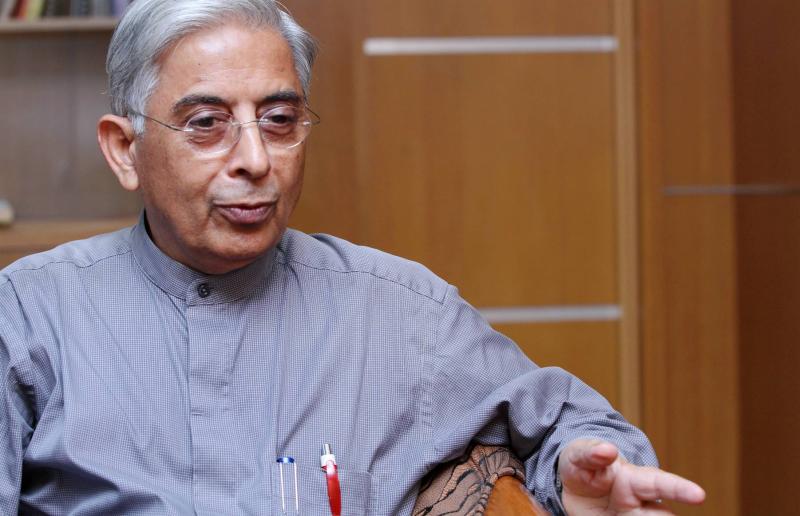
The proportion of people aged 65 and up to those of working age is also set to rise, resulting in old-age reliance in homes as well as a tension on the workforce. This implies that Malaysia’s ageing frequency is accelerating, even by international standards.
According to constitutional specialist Professor Datuk Dr Shad Saleem Faruqi, Malaysia should indeed tackle the topic immediately. He noted that the country should first confront the soaring issue of “individualism,” in which kids believed their individual needs were much more essential than having to care for their ageing parents.
Shad clarified that Singapore’s Maintenance of Parents Act 1995 passed a law allowing for parents to necessitate their children to pay for their maintenance, and that it should be established in Malaysia.
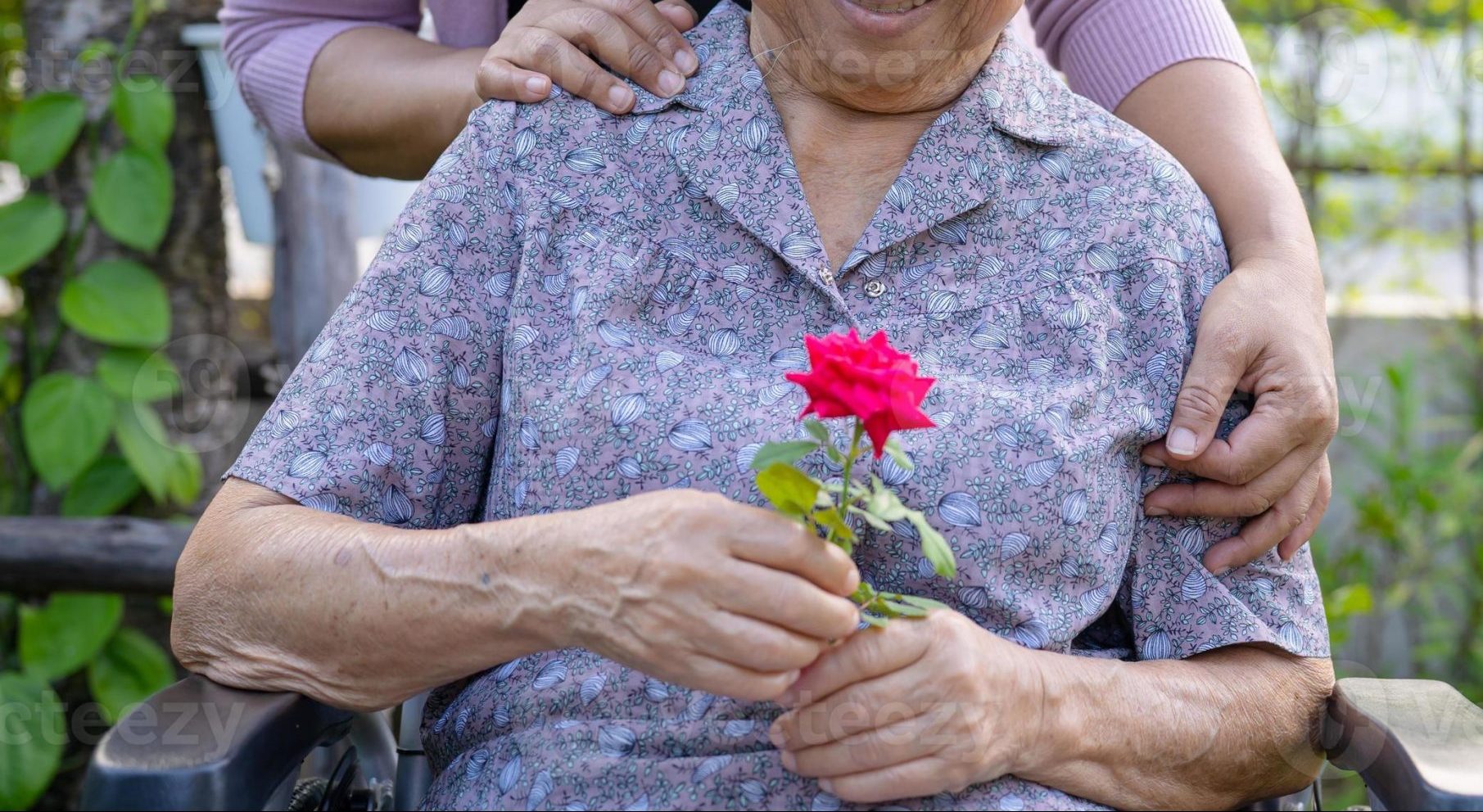
“What’s wrong with pressuring people to look after those who looked after them when they were younger? Appreciation and compassion for your parental figures are an aspect of the doctrines of humanity and religion, not just Islam but also other faiths.
“Rather than solely focusing on personal liberty and the like, we ought to reconsider our understanding of human rights. According to Article 8(1) of the Federal Constitution, all persons are equal under the law and are entitled to equal protection under the law.
“What Singapore has achieved in reintroducing ancient cultural values such as caring for one’s parents is admirable,” he said.
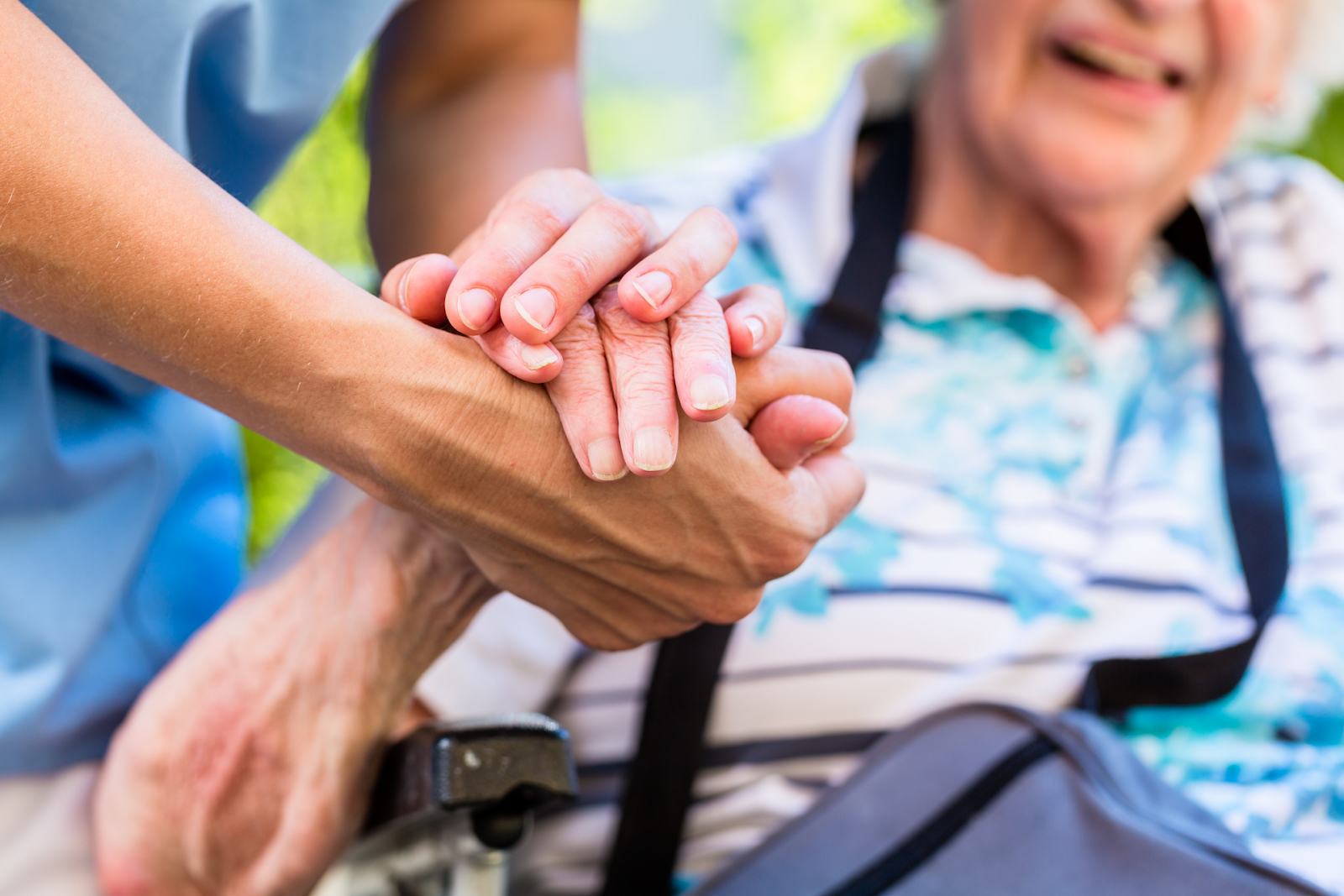
Shad, who is a legal scholar and professor of law at the University of Malaya, also suggested that young folks and able individuals volunteer to care for the elderly in exchange for the same treatment when they hit retirement age, claiming that this would educate the masses on having a sense of social responsibility and more social outlooks.
“It will train them to live for others rather than just themselves. Nevertheless, this must be done correctly. There should be some kind of record book to track how many hour shifts this individual has spent caring for the seniors.
“When he grows old, he is entitled to the very same level of care as another youngster. It is a mutual way for citizens to help each other and oneself in old age,” he noted.
But apart from mandating children to care for their parental figures, Shad says a law must be enacted to protect caregivers, who he believes are frequently overlooked. He contends that caregivers should be encouraged as a new line of work, but that it must be governed to safeguard one‘s rights and obligations.
“There ought to be a Caregivers Act, similar to the Nurses Act of 1950, because caregivers experience ‘caregivers burnout’ all the time.”

Shad also recommended that Malaysia replicate the Peace Corps programme, which was established by US President John F. Kennedy in 1961.
“It’s a wonderful initiative in which young American college kids are sent abroad to perform community service.
“The youth must comprehend that there is suffering all over the world, and they must adopt the mindset of ‘I could be doing something and make a difference for at least one person.’ This will be a fantastic opportunity for our young generation,” he explained.
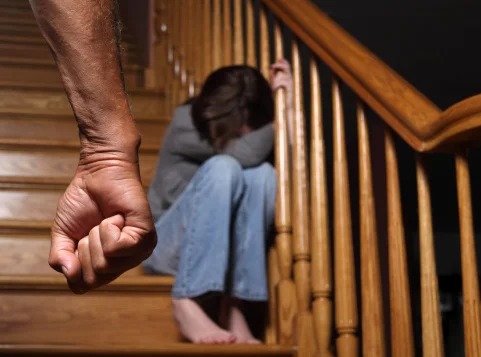
While many have commended Shad’s efforts towards shaping a better future for local senior citizens, some netizens have expressed contrasting opinions regarding the matter, noting the many cases where the child faces torment as a result of abuse.
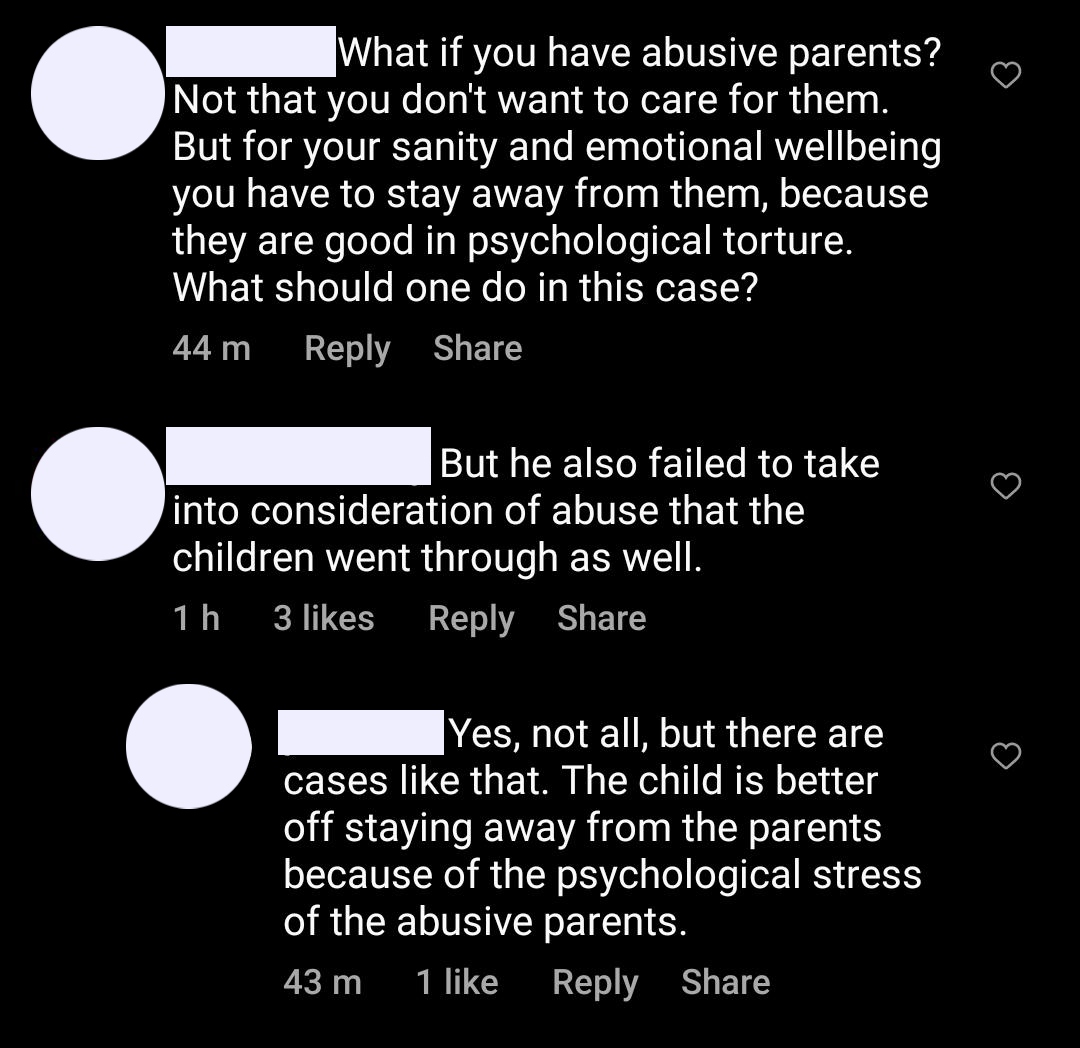
This begs the question of whether all children will someday be, by law, obligated to care for their parents even if it brings them discomfort or distress – an uncertainty that remains debatable for now.


 Get Audio+
Get Audio+ Hot FM
Hot FM Kool 101
Kool 101 Eight FM
Eight FM Fly FM
Fly FM Molek FM
Molek FM

